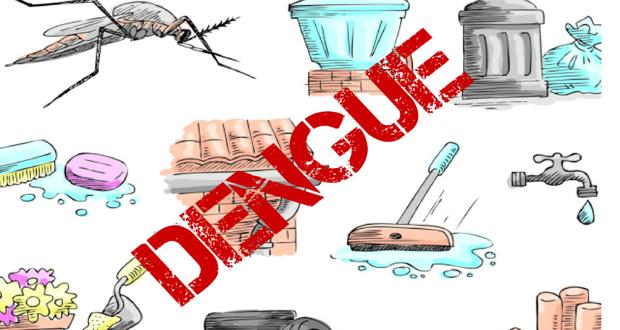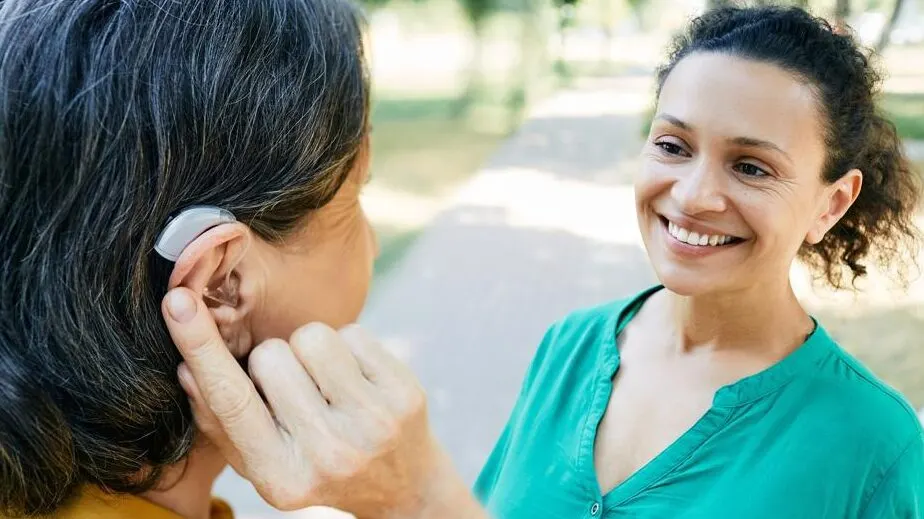Dengue fever is quite common in different pockets of India. This condition or disease is caused by viruses which are transmitted by the mosquitoes. Just like malaria, in case of Dengue as well mosquitoes act as the primary vector of the virus and humans as the secondary vector. Dengue fever can be serious if not diagnosed and treated in time. It can even cause death if there is a delay in taking the right measures. This article will inform you about the symptoms and signs of the condition, as well as the cause of the disease and also the prevention.
Symptoms of dengue
The signs and symptoms of dengue can vary extremely from person to person. In many cases, the primary symptoms are nothing severe than a normal viral fever; but it can take a turn for the worst within minimum time and hence keeping an eye open for any of the following symptoms in a person suffering from sudden high fever is a must,
- Sudden high fever
- heavy headache
- Pain behind the eyes
- Extreme joint or muscle pain
- Abdominal pain
- Nausea and vomiting
- Blueness around the mouth
- Respiratory problems
- Blood spots on the skin
- Blood in stool
The above are the common symptoms of the condition. Apart from the above, skin rashes can also appear in some cases and bleeding through gums and nose can also be experienced. The extent of the symptoms of dengue varies from person to person depending on individual immunity level and one or many symptoms as mentioned above can appear in case of an individual.
The cause for dengue
Dengue fever is extremely painful. It is transmitted through the bite of an Aedes mosquito infected with dengue virus. The disease is not infectious and it does not spread through touch. It is carried from one person to another by mosquito. When an Aedes mosquito bites a person infected with dengue virus, the virus gets into the body of the mosquito. There it completes a phase of their life cycle and then when the mosquito bites a healthy person, the virus gets into the blood stream of the new person and infects him.
The dengue fever is prevalent in the tropical regions of the world. The areas where this disease is most experienced include,
- Indian subcontinent
- South East Asia
- Southern China
- The Pacific Islands
- The Caribbean Islands
- Central and South America
According to a latest study, in India nearly 6 million cases of dengue are diagnosed each year. It costs at least $1.1 billion each year to the country for treating the diseases transmitted by mosquitoes.This disease can spread very quickly and around 100 million people are affected every year in the world by Dengue fever. The condition can cause severe health problems which can lead to death. The common health problems associated with dengue fever includes,
- Dengue haemorrhagic fever (DHF)
- Disruption of lymph and blood vessels
- Enlargement of liver
- Total or partial Failure of the cardiovascular system
- Pneumonia
- Heart inflammation
- Bleeding from gums and nose
The health issues caused by the dengue virus can be very severe and can result into massive bleeding, shock and even death. As the days of infection progresses, the condition becomes more and more critical. It can even lead to Dengue Shock Syndrome (DSS) and death, which is prevalent within children below 10 years of age.
The treatment for dengue
Till now, no specific and effective medicine has been marketed to treat dengue fever. Being caused by a virus, antibiotics do not work in this case. In general, the symptoms of the condition are treated by prescribing medications and the patients are advised to take plenty of fluids to prevent dehydration. Complete bed rest is the other common suggestion given to the patients of dengue fever. Normally the symptoms turn to severe within 2-3 days unless treated in time, and it is better to be under the supervision of a physician when the symptoms become severe to ensure the best medical assistance.
Currently, six dengue vaccines are in the developmental stage, but none of them has completed the final series of clinical trials. The vaccine which is closest to being made available for the public is a 3 stage vaccine, for children. It has completed phase III trial and appears to be safe. However, the vaccine was able to treat only above 50% cases effectively.
Prevention of dengue
So for now the best way to fight dengue is prevention, and the prevention is in our hands. The following can be effective for preventing dengue and if you are traveling to a dengue prone region, or dengue has suddenly spread in your area, taking the following preventive measures becomes even more important.
Saving yourself and your family from being bitten by the mosquitoes is surely the best and most effective way to prevent dengue. You can take the next steps to ensure that dengue does not break out,
Destroy the mosquito habitats
This is the first and most effective way to prevent dengue. Mosquitoes of dengue live in and around human habitat and breeds in stagnant water. So, ensuring that there is no stagnant water in or around your house or in your locality is important.
Use mosquito repellents
Mosquito repellents are available in different forms. Starting from the liquid repellents to the cream ones; effective use of these repellents can save one from being bitten by the dengue mosquito.
Maintain cleanliness in and around your house
Mosquitoes prefer dark and moist places to stay during the day. So ensure that your home and surroundings are well cleaned and are regularly sprayed with mosquito repellents.
Use nets on the doors and windows
This can be an effective way to prevent the mosquito of dengue from coming in and infecting any of your family members. Covering the doors and windows with nets can keep mosquitoes completely out of your home, thus providing better prevention.
Wear covered clothes
Wearing covered clothes can provide you an added layer of protection from mosquitoes. So, opt for clothes that keep most of your body parts well covered.
Use mosquito net at night
The prime time of the mosquitoes to bite is during the night, when you are asleep. Make it a point to sleep under the mosquito net at night. Otherwise, you can opt for air- conditioners that come with mosquito repellent technology.
In case, any of your family members fall ill suddenly, and the symptoms appear exaggerated for a flue, contact a medical specialist immediately and keep the member under mosquito net continuously so that no mosquito can bite the person and infect the other members of the family.





